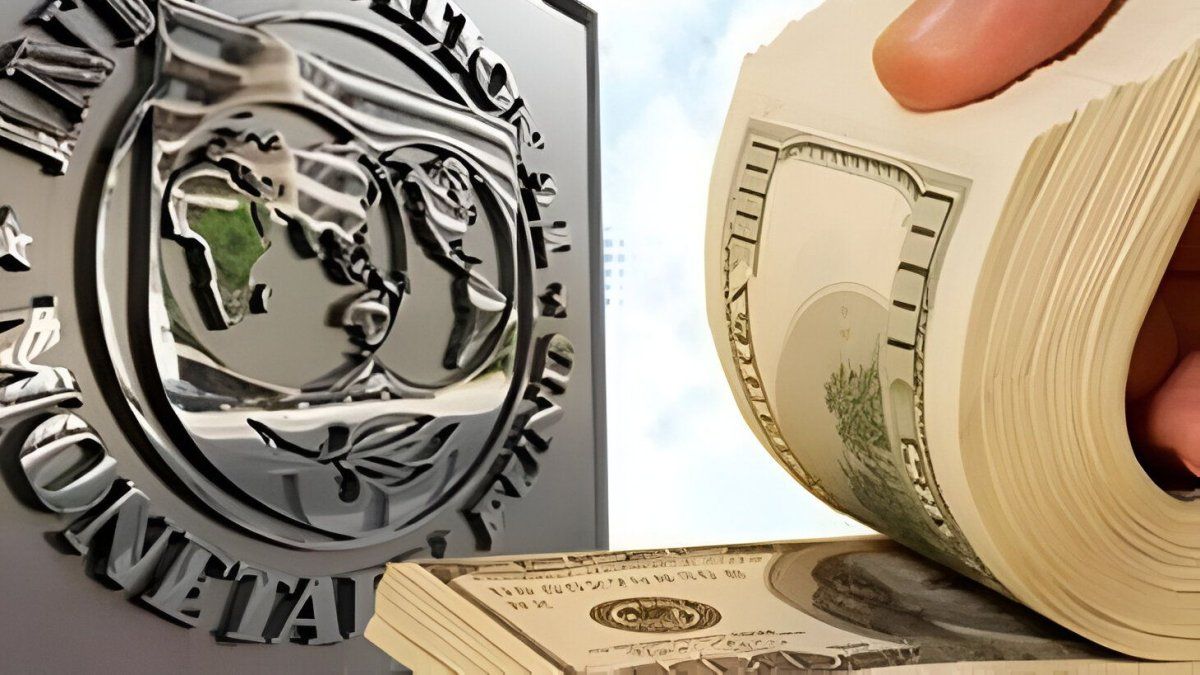Government put a differentiated dollar is underway for grain exporters and applied the PAIS tax in different percentages for imports of products and services. Many say that these are inflationary measures, but the economist Ricardo Aronskindeconomist, Master in International Relations and teaching researcher at several universities, analyzed these decisions in dialogue with Ambit and considered that “they should not have a great impact on prices.”
He opined that Argentina is going through a foreign exchange situation“which is not new and which was generated by the macrista management and the administration of reserves that was carried out in this Government, added to the drought.”
He also stressed the importance of raising awareness that it is about “transitory measures” that aim to attend to a specific and non-definitive problematic situation. He mentioned the presence of speculative pressures on prices in the market and indicated what the Government should do to protect the dollars and reserves of the Central Bank (BCRA).
Journalist: How do you see the measures taken by the Government? Are they inflationary as much of the market says?
Ricardo Aronskind: Argentina is going through an exchange emergency situation, which is not new and which was generated by the Macrista management and the administration of reserves that was carried out in this Government, added to the severe drought that was registered this year. This meant that we are facing a scenario of a lack of dollars in which the use of what there is must be prioritized. So, regardless of what the International Monetary Fund (IMF), Argentina had to move forward in this direction. It should take measures that facilitate the correct management of the Dollars what we have.
Of course, some of these measures can generate some increase in the cost of some goods and services, but I do not consider that this should have a great impact on prices and the inflation data. And I say it shouldn’t have much of an impact because while it influences a 5-12% rise in some prices, others shouldn’t. This means that we do not have to wait for a general and strong rise in prices, but rather a moderate effect in some sectors. However, what is always unpredictable in Argentina is the behavior of economic actors, who tend to overreact to specific measures, enhancing the negative effects that they could have on the economy. It is not a generalized 40% jump, it is slight, limited and focused, so it should not lead to a wave of price marking.
ricardo-aronskind.jpg
Q.: How do you control this and how does it relate to the blue dollar jump?
RA: I believe that the officials should be able to report that this is a transitory situation, to take care of foreign exchange while foreign trade and the entry of dollars are normalized. In addition, it is essential that the government be firm in curbing abuses in this regard. On the other hand, we have a jump of the Dolar blue which seems to be highly speculative because there was no massive rise in exchange rates. But, in addition, we must bear in mind that, although the blue, in nominal terms, is very high, in real and relative terms it has had moments in which it was much more expensive. There is no footing for a strong price remarking, unless there is a speculation or devaluation pressure.
Q.: What do you expect to happen to the dollar between now and PASO and after?
RA: I think it’s good that the government doesn’t let the official exchange rate be late. I think it has to keep up with inflation to avoid devaluing speculation in futures. On the other hand, the BCRA has to focus on controlling the dollars that leave and enter its reserves because, the Government has already said, that exporters owe him $3 billion that they should have entered and have not done so and that does great damage to the economy.
On the other hand, the minister Sergio Massa was at La Rural and his speech was very well receivedIn general, by the field. The candidates that exist are, in general, liked by the markets. There is no disruptive situation in this sense, so I do not expect there to be a shock or a climate of panic to justify some post-STEP market hit. The current electoral landscape should not worry if one of the main candidates on the scene wins at the moment. I believe that what matters most to the market is the financial responsibility of whoever wins and there is no one hostile to the financial sector among those who have the most chances.
Source: Ambito




